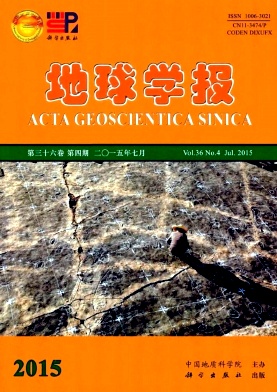LU Yao-ru, ZHANG Feng-e, LIU Qi, GU Zhan-fei. The Construction of Ecological Civilization for the Environmental Security and Sustainable Development of New Urbanization[J]. Acta Geoscientica Sinica, 2015, (4): 403-412. doi: 10.3975/cagsb.2015.04.03
| Citation: |
LU Yao-ru, ZHANG Feng-e, LIU Qi, GU Zhan-fei. The Construction of Ecological Civilization for the Environmental Security and Sustainable Development of New Urbanization[J]. Acta Geoscientica Sinica, 2015, (4): 403-412. doi: 10.3975/cagsb.2015.04.03
|
The Construction of Ecological Civilization for the Environmental Security and Sustainable Development of New Urbanization
-
Abstract
The report on the 18th National Congress of Communist Party of China put forward the idea that construction of ecological civilization should be integrated into economic, political, cultural and social construction so as to achieve the aim of “five-in-one”. This development strategy will have an important guidance for the future development of science. For the purpose of building an ecological civilization as the basic starting point and according to the natural conditions of its development effects, this paper summarizes different types of urbanization development and points out the necessity of acting according to circumstances at this stage of the urban population. And then a discussion is made on the geological environment problems in the process of development, with special emphasis placed on the prevalent security issues of water and soil resources, natural disasters of extreme hazards, adverse large-scale integrated environmental effects of the construction and development, and environmental pollution hazards. This paper points out the safety feasibility and importance of the development of new urbanization in accordance with environmental safety and sustainable development. Based on the above analysis and discussion, the authors have divided urban construction into five levels, and discussed the functions of different levels of towns. Importance is attached to the integration and coordinated development of urban and rural areas.
-

-
-
Access History







 DownLoad:
DownLoad: